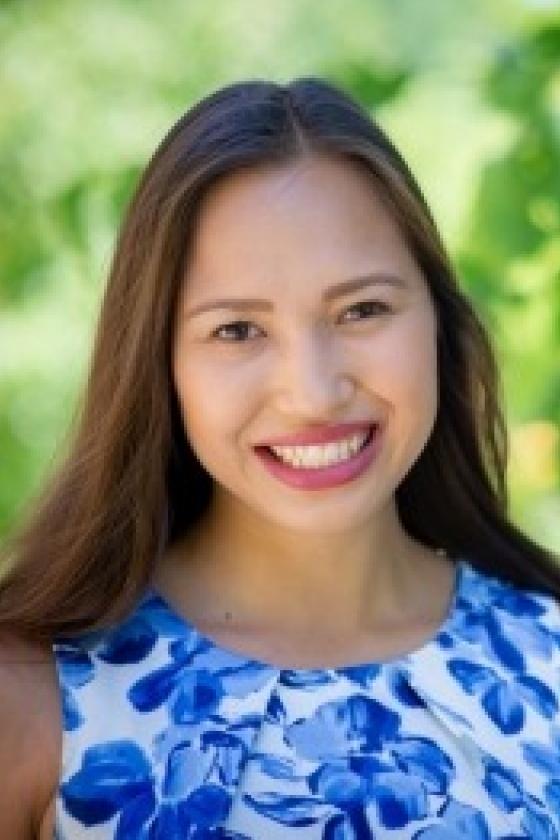Leanne Toshiko Simpson

Leanne Toshiko Simpson discovered her love of creative writing at UTSC, where she volunteered her time as senior editor of Scarborough Fair and shared her short fiction at many COW meetings. After winning the creative nonfiction category of the UTSC Creative Writing Contest in 2014, Leanne publicly shared her struggle with bipolar disorder for the first time at the Scarborough Fair launch party. It sparked a passion for mental health advocacy through both research and creative writing.
After graduating in 2015 with an Honours Bachelor of Arts in English and high distinction, Leanne went on to complete a Master’s degree in Professional Communication at Ryerson University. Her final research paper was an autoethnographic analysis of Goffman’s Asylums, which challenged the stigma surrounding psychiatric institutionalization. After working at SickNotWeak, a community-based mental health organization, she landed a full-time job in corporate communications at Bell Canada. She worked on the landmark Bell Let’s Talk campaign and launched a creative writing program at the Centre for Addiction and Mental Health (CAMH) with another UTSC graduate, Chelsea La Vecchia.
Thanks to the mentorship of UTSC instructors like Daniel Tysdal, Andrew Westoll and Sheryl Stevenson, and the continuous support of her undergraduate classmates, Leanne won SSHRC funding to complete a Master of Fine Arts in Creative Writing at the University of Guelph. There, she penned Never Been Better, the mental health rom com she’d always dreamed of. The novel will be published by HarperCollins in 2023.
Leanne is currently completing a SSHRC-supported EdD in Social Justice Education at the University of Toronto, focusing on the intergenerational impact of the Japanese Canadian internment. At Trinity College, Leanne teaches TRN196: Joy and Resistance in Diverse Storytelling, and hosts the college’s BIPOC Writing Circle. In the community, Leanne continues to teach workshops for mad writers and also co-facilitates Mata Ashita, an intergenerational writing program for Japanese Canadians. UTSC’s encouragement of diverse learning styles was crucial to Leanne’s success, especially considering the severity of her mental health issues. The communication and critical thinking skills she developed during her English degree have helped her succeed across multiple spheres – in the corporate world, in mental health advocacy, and in her new career as a teacher. Leanne hopes that she will be able to recreate the positive environment she experienced at UTSC in her own classroom, so that she can challenge her students to start more curious and empathetic conversations.